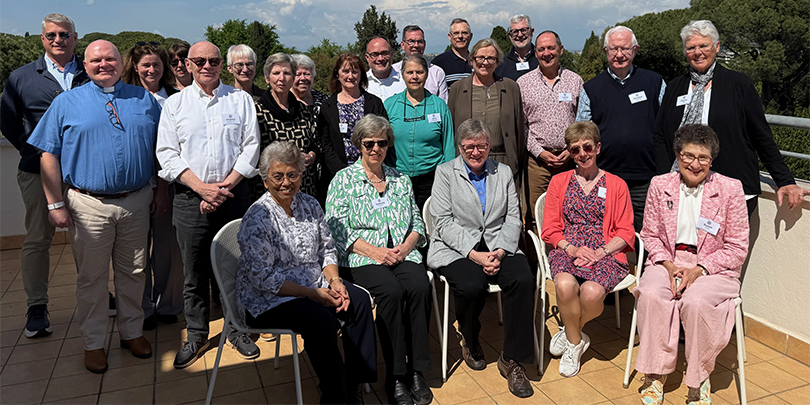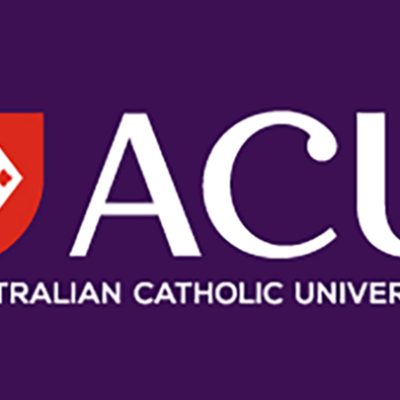
Preliminary research into governance in the Catholic Church has found more than 100 religious institutes worldwide have transferred their ministries to canonical bodies overseen predominantly by the laity. Source: ACU.
Research led by Australian Catholic University theologians Maeve Louise Heaney VDMF and Jamie Calder SJ, research officer Lawrence Hallinan, and scholars from Durham University is looking at the successful emergence of canonically distinct bodies in English-speaking countries that are mostly led by Catholic lay faithful.
This is not new, in canonical terms, since religious, unless ordained ministers, are also lay.
The most common forms of lay governance across the English-speaking world are the Ministerial Public Juridic Persons (MPJP) or an Association of Christ’s Faithful (ACF).
Since commencing the research last year, the study has identified 58 lay-led canonical bodies established over 34 years in Australia, New Zealand, Canada, the United States, Ireland, the United Kingdom, Singapore and Malaysia, sponsoring mostly education, health ministries, and social services.
In Australia, there are 14 Ministerial PJPs responsible for ministries which were previously under the stewardship of religious institutes, including entities such as Catholic Healthcare, Edmund Rice Education Australia, and Mercy Partners.
The initial research findings were shared at a symposium held at the ACU Rome Campus days after the funeral of Pope Francis, who consistently discussed lay leadership throughout his pontificate, particularly during the Synod of Synodality.
Keith Pitt, Australia’s ambassador-designate to the Holy See, formally welcomed the symposium participants on April 29.
Dr Calder said Ministerial PJPs and ACFs were, in many cases, a natural example of synodality, in which synodal expression occurred through diverse lay Church leaders working together as a small Christian community to steward the mission of large ministries in Catholic health care, education, aged care and social services.
“Our research has found more than 478 Ministerial PJP trustees or canonical sponsors exist in English-speaking countries, with 56 per cent of those being women, predominately lay, with some religious and a few clergy,” he said.
“These trustees, or sponsors, come with qualifications and experience in Church and professional fields and are well equipped to oversee the work in our Catholic schools and health institutions.”
A leader in theological formation in Australia, Dr Heaney said the symposium in Rome, attended by canon lawyers, theologians, and leaders of Ministerial PJPs, raised significant questions around the participation of all the faithful in discernment processes and the diverse way in which vocations are emerging, and for the work the Church’s continuation of Jesus’s healing and teaching ministry.
“Interestingly, in the Synod on Synodality there was a move away from the language of ‘lay’ and ‘clergy’ to instead refer to ourselves as one of Christ’s faithful with different callings and roles,” Dr Heaney said.
Project Lead Adjunct Professor Susan Pascoe said the research, due to be completed in 2026, would continue to address issues of lay leadership, a theme which surfaced frequently at the Synod of Synodality.
The initial findings from the Inclusive Governance in a Synodal Church project will be made publicly available in mid-2025.
FULL STORY
Symposium marks fruitful year of research into lay governance of Catholic ministries (ACU)






